Dalberg uses cookies and related technologies to improve the way the site functions. A cookie is a text file that is stored on your device. We use these text files for functionality such as to analyze our traffic or to personalize content. You can easily control how we use cookies on your device by adjusting the settings below, and you may also change those settings at any time by visiting our privacy policy page.
Our Ideas
Here a short description of what Our Ideas is about.
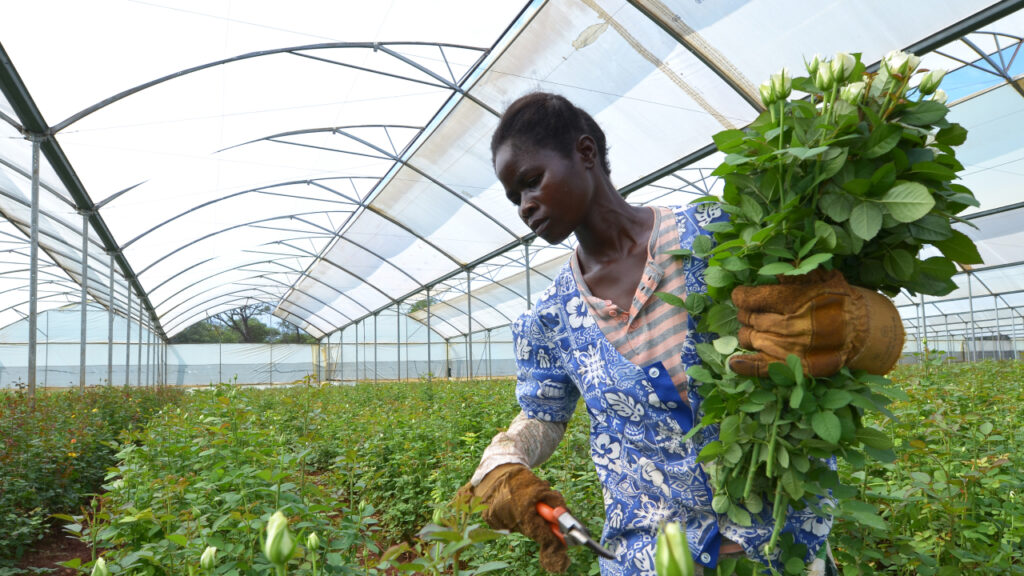

Understanding the Imperative of Institutional Change for Gender Equality
Read More →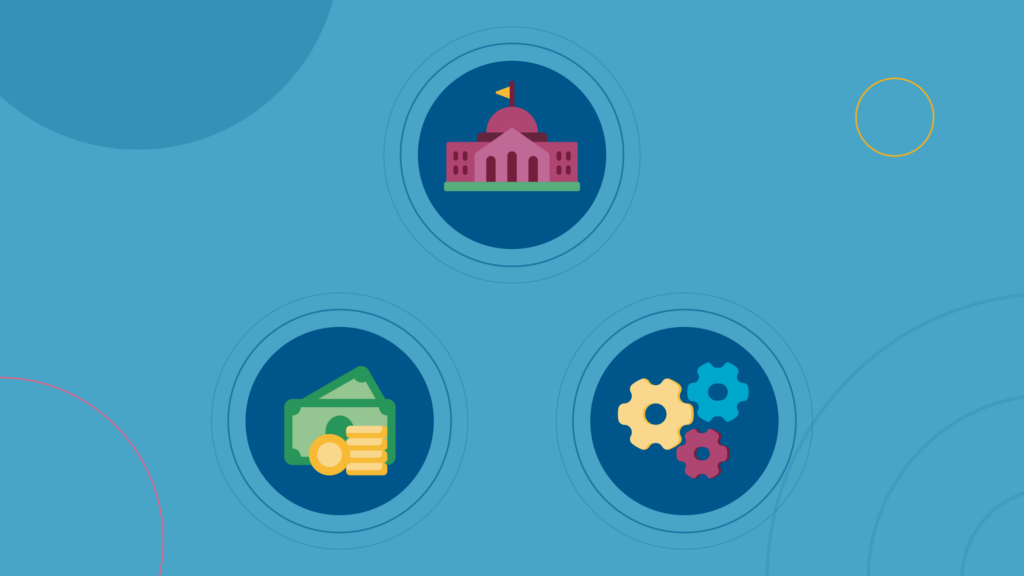
Forward Together: Prioritizing Community Voices in Outcomes-Based Funding for 2024 and Beyond
Read More →

Placing Girls’ Education in the Spotlight for a Brighter Future
Read More →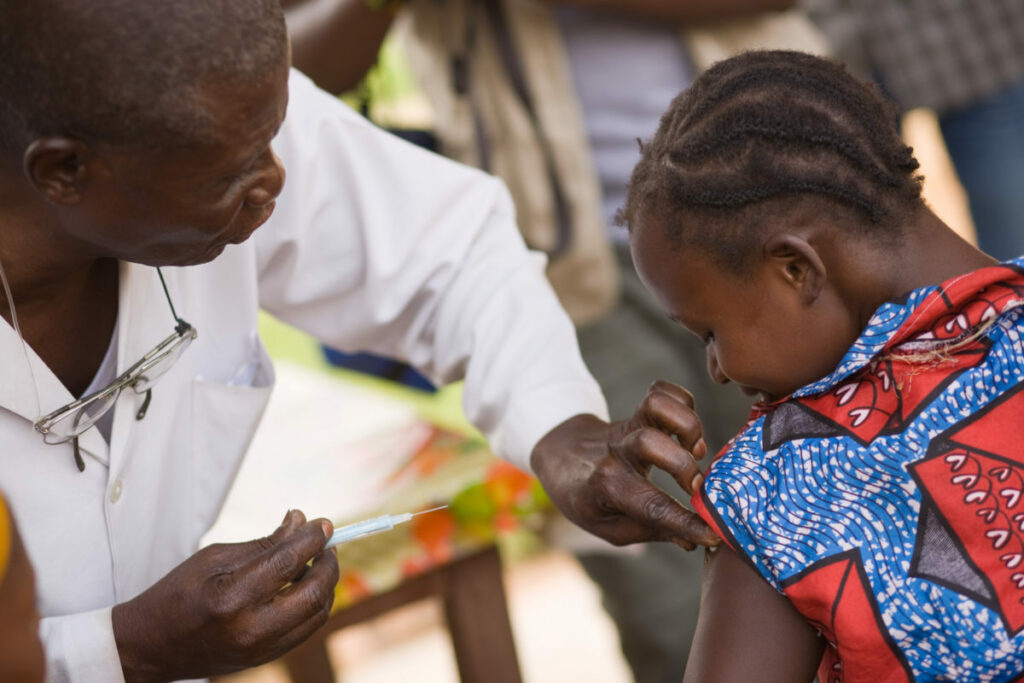

Unlocking Energy Access with Blended Finance: A Learning Review
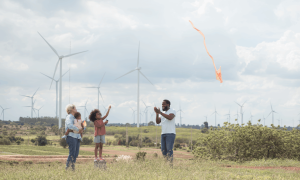
Driving Systemic Action on Climate and Environment: Insights from Projects Across Sectors
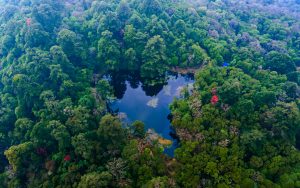
Four Lessons for Philanthropic Funders Driving Rainforest Conservation and Restoration

An Interview with Jean-Charles, Partner at Dalberg Advisors

Dalberg Knowledge Seminar Series

Maisha Makutano: Bringing Women’s Realities to Kenya’s Screens
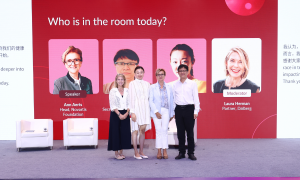
AI for Health: Bridging a Permanent Doctor Shortage

An Interview with Kunal Walia, Partner at Dalberg Advisors
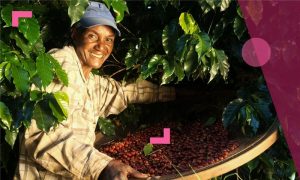
Rethinking Resilience in Brazil’s Impact Ecosystem

An Interview with Grace Njunge, Associate Partner at Dalberg Advisors
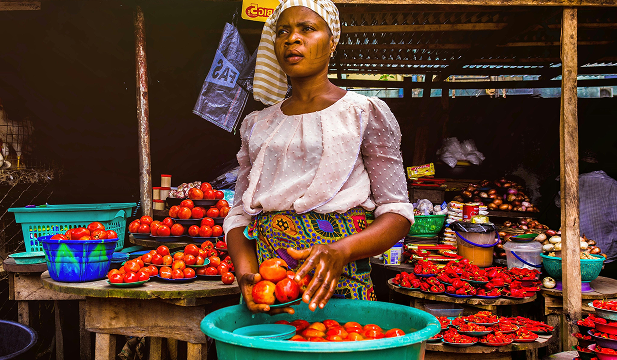
Another example of most popular item

Another example of most popular item

Another example of most popular item

Another example of most popular item

Another example of most popular item

Another example of most popular item

Another example of most popular item

Design and structuring of the fund for agricultural finance in Spain

Design and structuring of the fund for agricultural finance in Nigeria

Design and structuring of the fund for agricultural finance in India

Design and structuring of the fund for agricultural finance in Italy

Design and structuring of the fund for agricultural finance in Spain

Design and structuring of the fund for agricultural finance in Nigeria

Design and structuring of the fund for agricultural finance in India

Design and structuring of the fund for agricultural finance in Italy
Filter by geography:
Filter by type of publication:
Filter by medium:
Filter by practice area:
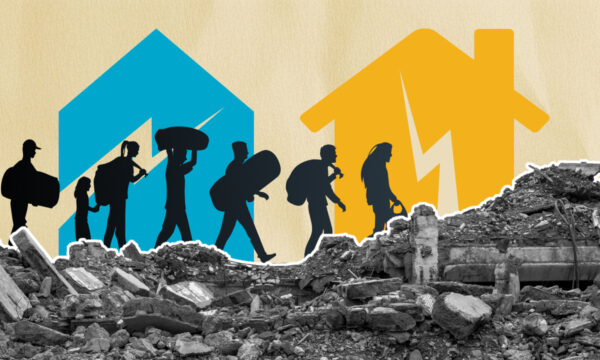
Closing the Gap: Elevating Corporate Impact in Humanitarian Response
Read More
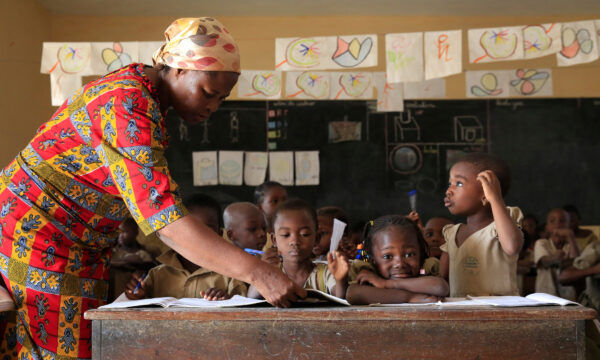
Strengthening Bilingual and Multilingual Education in Francophone Africa
Read More
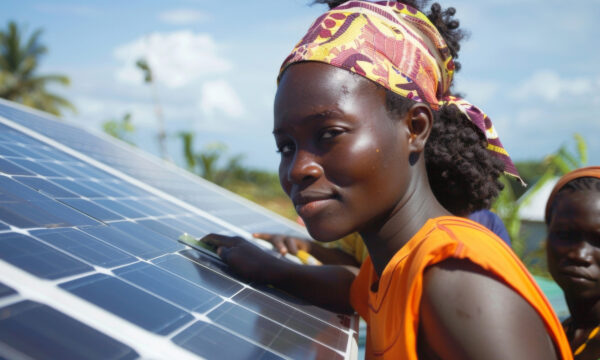
Bridging the Skills Gap in Solar Irrigation in Kenya
Read More

Measuring the “S” in ESG: Why It Matters and How to Get Started
Read More
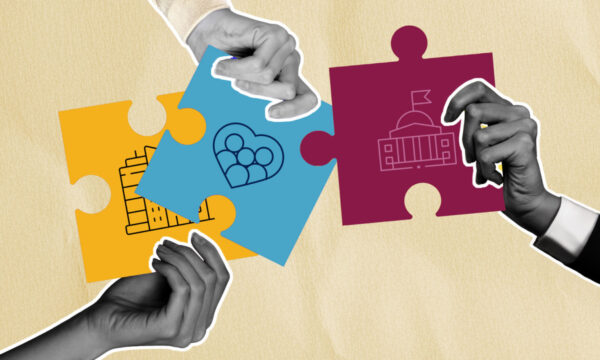
The Next Horizon for CEOs and Social Impact: Unlocking Change at Scale
Read More
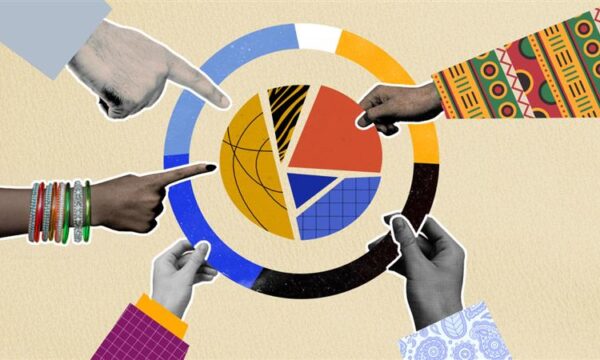
From Obligation to Opportunity: Strategic Partnerships for Sustainable Supply Chains
Read More
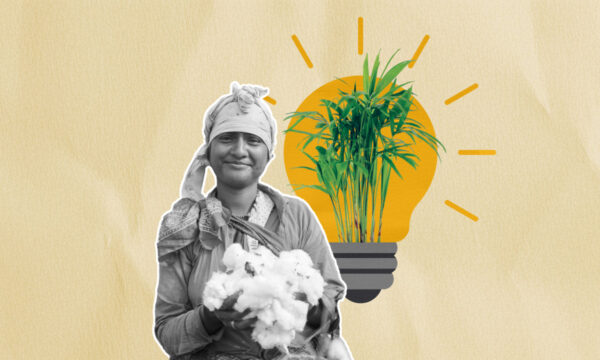
From Mitigation to Adaptation: Future-Proof Your Agri-Business in a Changing Climate
Read More
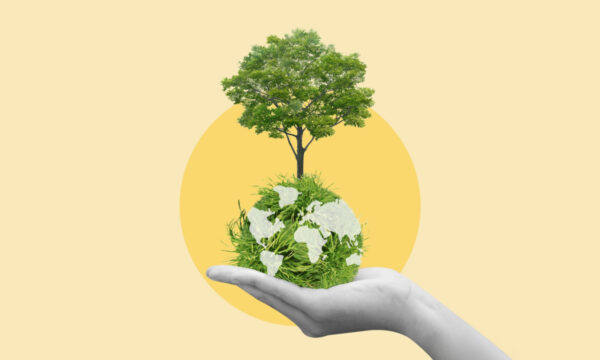
Climate Change and Health: Building Resilience Through Data, Investment, and Community Action
Read More
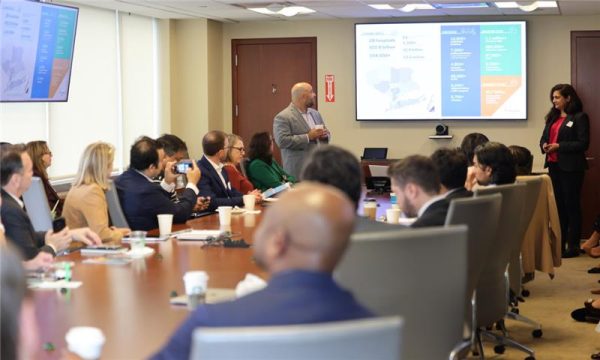
From Lifespan to Healthspan: What Longevity Means for Health, Work, and Society
Read More
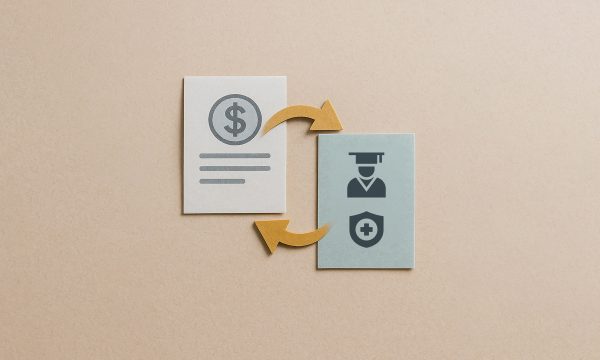
Turning Debt into Opportunity: A Blueprint for Investing in Human Capital
Read More

An Interview with Fabiola Salman, Partner at Dalberg Advisors
Read More
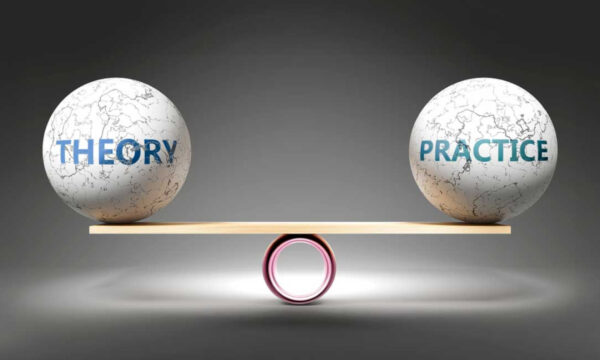
From hype to hope: Five strategies to make tech for good work on the ground
Read More

